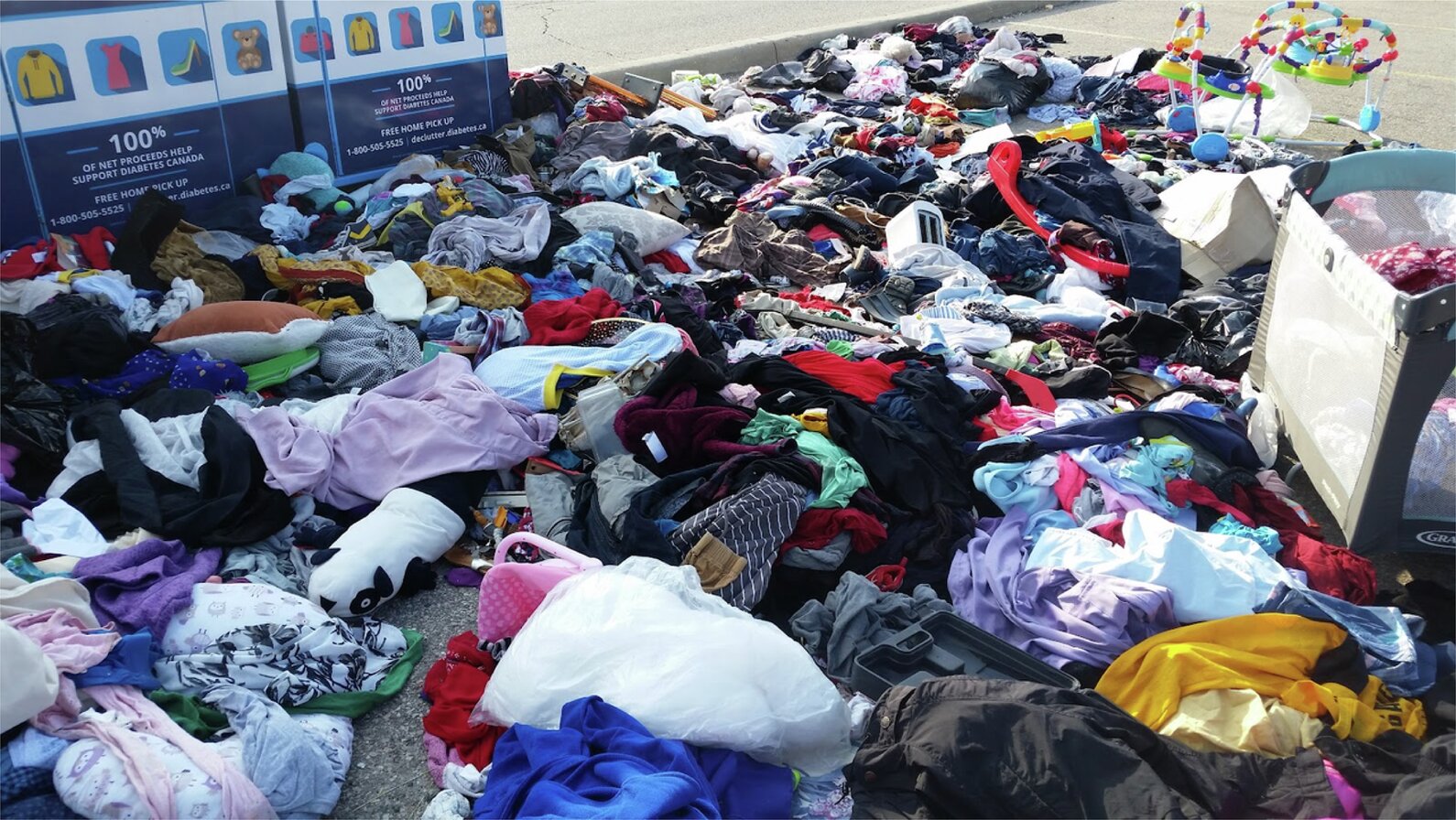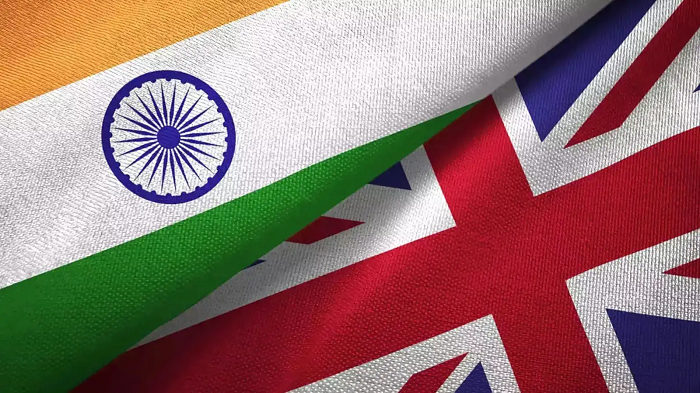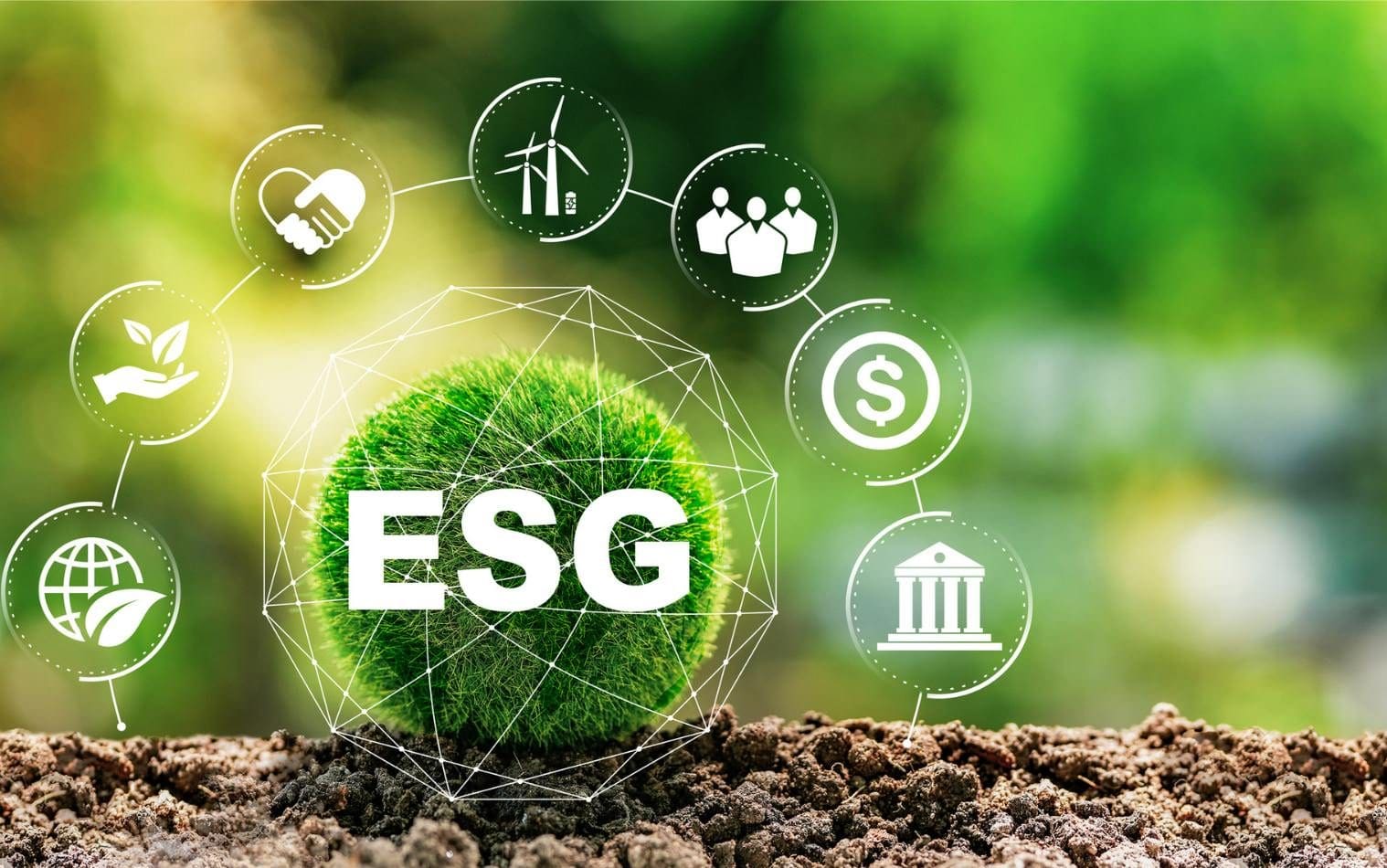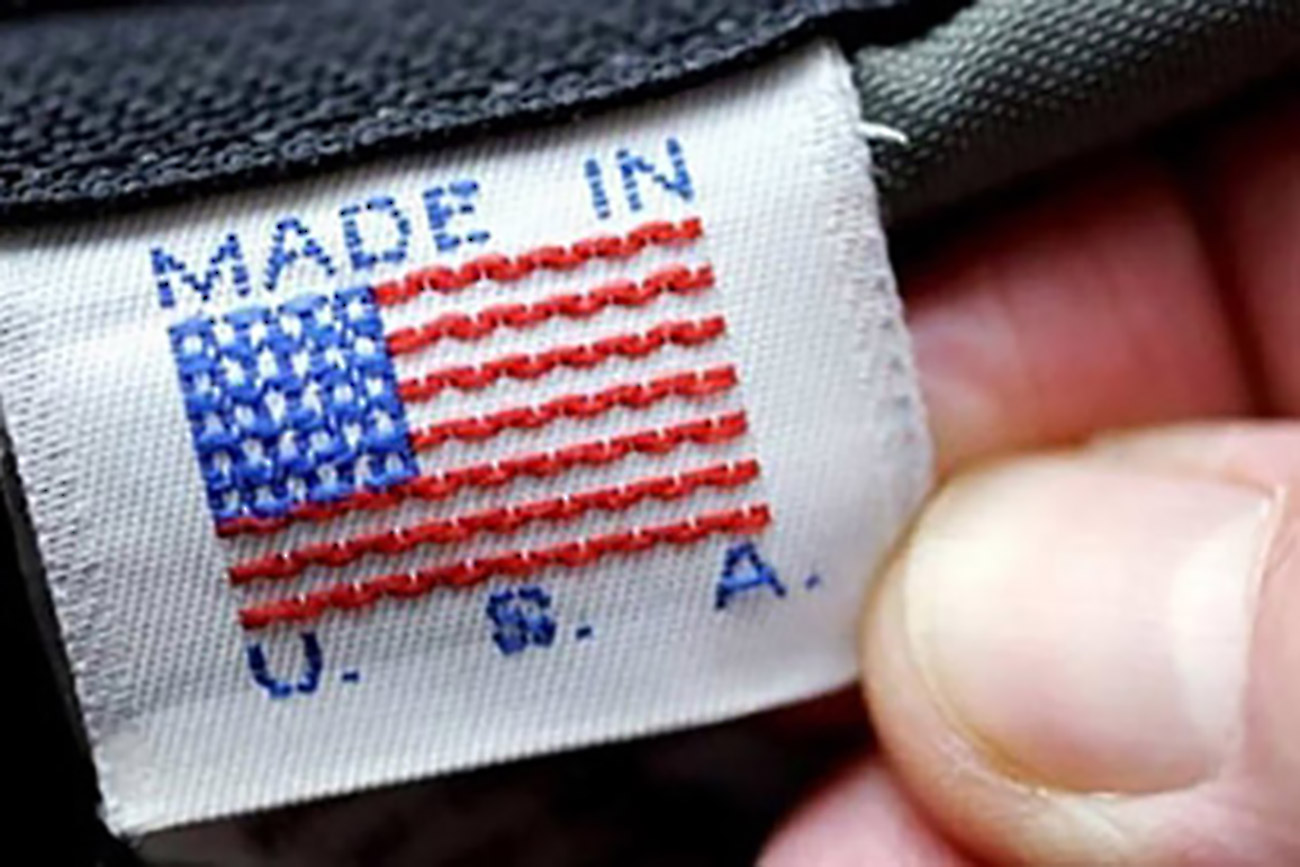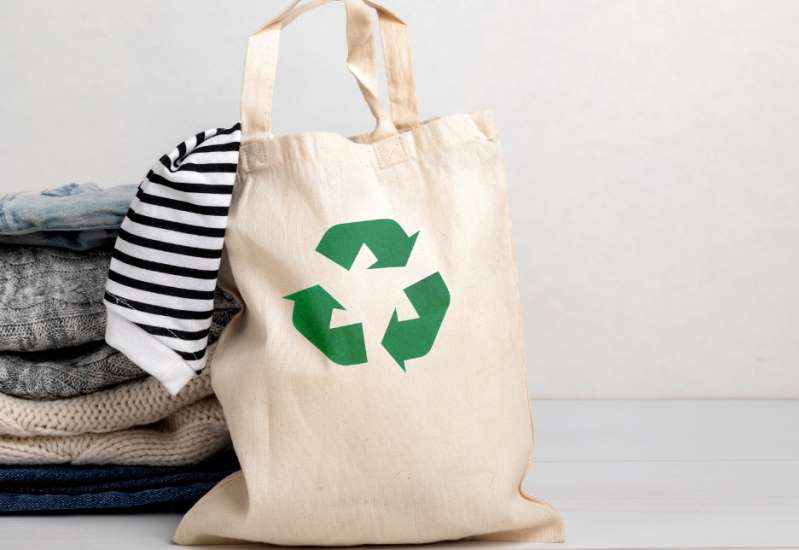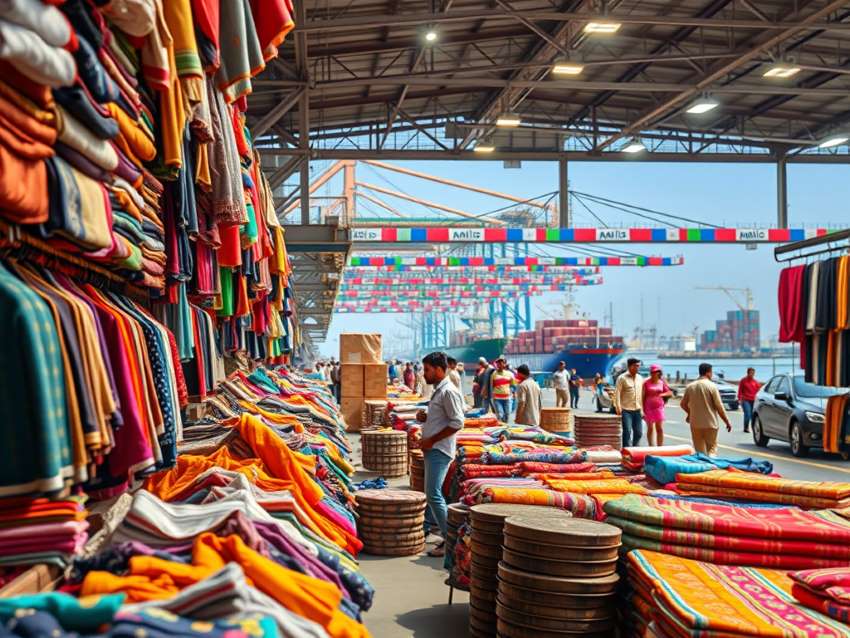FW
The German textile sector’s development in 2015 was superior to clothing sector. Job situation remains positive. So the two sectors are expected to register a gain in turnover of 1.5 per cent in 2015.
The job situation in both sectors is robust. In October employment increased in the textile industry by 2.3 per cent and in the clothing industry by 1.1 per cent. The two sectors have increased jobs in the past 10 months by 1.4 per cent. Domestic production shows differing results. While textiles could increase its production volume by 1.6 per cent in October, the clothing segment recorded a backlash of 6.1 per cent.
Production prices in the textile sector increased after some months of stagnation. In clothing they were more constant and will be around 1.4 per cent above the level of 2014. Textile retail turnover showed signs of recuperation after the sharp decrease in summer 2015. It added seven per cent. In October and against the same month of 2014 it increased 0.9 per cent.
Import surplus of the two sectors increased by 16.3 per cent as against 2014. Raw material imports sank by 3.3 per cent against 2014. Working hours increased in October. Textiles added two per cent and clothing 1.5 per cent.
Brands are turning to sustainable clothing in a big way. Denmark’s Denim Project is aiming to save 70 million liters of fresh water over the next two months as part of a plan to drive innovation in the resource intensive industry. It says that 15 per cent of cotton is wasted every year during the manufacturing process, enough to produce three T-shirts for each person on the planet. Cotton is very water intensive. Waste cotton equates to 38.5 billion liters of fresh water, which could provide drinking water to 25 million people a year.
Subsequently, Denim Project has designed a fabric made of 98 per cent production waste, with stretch fabric, the remaining two per cent, being the only new material. Waste material, leftover from the clothes manufacturing process, is sorted into color and spun into yarn, which is then reused to make the new garment. The process uses no dyes and saves a kilogram of cotton per item, which the company estimates is equivalent to 11,000 liters of water.
On same lines, high street fashion brand H&M’s new denim styles are made using cotton recycled from textiles collected at the brand’s stores. Currently it is able to use 20 per cent recycled cotton from collected clothes but is investing in new technology that will enable it to increase this share.
Cotton made in Africa (CmiA) and 1,888 Mills have entered into a partnership. 1888 Mills is a leading US manufacturer of home and hospitality textiles. Cotton made in Africa is an initiative that works toward improving the living conditions of cotton farmers and their families in sub-Saharan Africa.
By cooperating with CmiA, 1888 Mills’ home and commercial textiles can now contribute to protecting the environment and supporting small-scale cotton farmers. The partnership will allow a luxurious product to be made from high quality cotton that is produced in an ecologically and socially sustainable way. It’s aimed at inducing global manufacturers for home and hospitality to continue to support more sustainable ways of textile production.
Currently, CmiA supports more than 7,00,000 smallholder cotton farmers in 10 African countries and works with 30 international brands and retailers. 1888 Mills is a global manufacturer of home and commercial textiles catering to the retail, hospitality and healthcare markets worldwide. As a pioneer in global towel manufacturing, 1888 Mills operates facilities in Pakistan, Bangladesh and the United States. It’s a leader in home and commercial manufacturing for bath, bedding, kitchen, window and commercial apparel. The group participates in initiatives that promote environmental stewardship and contribute to the reduction of poverty.
www.1888mills.com/
Faced with the loss of their traditional export markets because of political and security problems in their neighborhood, Turkish textile companies are looking to penetrate new markets to sustain their export growth. Turkey is surrounded by a violent neighborhood: a war-ravaged Syria, an unstable Iraq and sanctions-plagued Russia. One advantage Turkey had over China is its proximity to Europe -- knowing and understanding Europe's needs. But now Turkish exporters are forced to look for markets beyond their borders in Southeast Asia.
Garment makers are looking at Malaysia, Japan, the ASEAN region and Canada. Malaysia is seen as an especially attractive market because of its stability unlike China which is passing through turbulent economic times. Turkish companies expect Malaysia, along with Singapore and Indonesia, to grow in the future. They want to actively increase their contacts with the Malaysian textile sector.
Turkey is Europe's largest textile manufacturer and the fourth largest clothing manufacturer in the world. Many major textile brands such as Esprit, H&M, Hugo Boss, s.Oliver, Adidas, Nike and Zara source their clothing from Turkey. Turkey's total global textile exports in 2015 amounted to $14 billion, of which home textiles accounted for three billion dollars. Turkey's home-textile exports in 2014 amounted to $3.3 billion.
Dadabhau Bhuse, Maharashtra minister of state for co-operation urged the local weavers and entrepreneurs to create own brand so as to earn identity and reputation in the competitive market. The minister was inaugurating a Buyer-Seller meet in Malegaon, Maharashtra recently.
Bhuse highlighted the potential of grey and ready-to-wear fabrics manufactured in Malegaon to attract the global market. There fabrics and saris being sold in local and international markets are manufactured by people of Malegaon. But, since powerloom weavers in Malegaon do not have a brand name, the sellers are using their own name and selling these quality products and earning handsome profits, Bhuse observed.
He pointed out the skill and potential of local weavers and powerloom owners will be a great hit. Taking a cue from ‘Make in India’, ‘Make in Maharashtra’ campaigns, Bhuse said that they need to start ‘Make in Malegoan’ campaign. The minister further said that he earnestly wishes that local grey cloth and ready-to-wear sarees and fabrics are exported directly from Malegaon with their own brand names.
The three-day Buyer-Seller Meet was jointly organized by the Regional Textile Commissioner Office Navi Mumbai and Powerloom Development and Export Promotion Council (PDEXCIL).
In a move to support a full-fledged garment industry by harnessing technology and improving its citizens’ skill Rwandan government is up to set up tailoring institute. Rwanda government is planning to set up a tailoring institute to harness technology and improve skills of its garment industry.
As Francois Kanimba, Minister of Trade and Industry points out the institute will help transfer technology with regards clothes made in Rwanda and clothes that Rwandans are willing to put on. The idea is to reduce dependency on imported clothes, both new and second hand. While extending help, the Minister asked tailors in which specific areas they needed training, saying that the government is working with the Workforce Development Agency (WDA) to train over 300 Rwandans. He said the government is ready to support tailors in their efforts to start up a clothes making factory.
He said cutting down second hand clothes is in line with the government’s decision as well as East African Community countries to ensure health, self-dignity as well as reduce unemployment among local youth. The project is being undertaken along with the Association of Professional Tailors’ Rwanda.
The clothes making factory is scheduled to be established in Kigali with hope to go to other provinces of the country, hence create five clothing factories across the country. Rwanda government is currently in talks with investors that may wish to invest in the project. The investors will most probably come from China which ranks first worldwide as the top garment maker. The initial investment would include the buying 670 machines to produce different types of garments.
Rwanda has two textile companies in Kigali, including the Chinese-run C&H Garments whose products are exported. C&H Garments has invested in computerized sewing machines and will train up to 400 local workers.
During 2015, the value of imported wear products (shoes and clothes) into the country was $100 million of which $80 million (approximately Rwf60 billion) was spent on clothes (both new and second hand). Over $15 million dollars was spent on second hand clothes. A recent study carried out by the Ministry of Trade and Industry revealed that tailoring offers the best opportunity for increasing more locally made products. This initiative is aimed at Rwanda’s economic development but most specifically to create jobs for Rwandans. Success of the project will spell a drastic cut in the imports of clothes from countries like Kenya, China, and Dubai among others. Rwandan government’s target is to create over 200,000 off-farm jobs year on year.
One of the biggest spinning mills in Bangladesh, Delta Spinners is setting up a new plant for export market to increase its aggregate production to nearly 15,000 tonnes per year, an increase of around 67 per cent. Adjacent to the existing mills, the Tk 540 million new unit is being constructed on an area of 117,000 sq. ft. Expected to start operations in mid 2016, the new plant will be equipped with state-of-the-art machines with nearly 27,000 spindles.
The company is expanding its operations to cope with growing demand for both high-end and traditional yarns. Mostafa Jamal Haider, Managing Director, Delta Spinners said the company's profitability and other indexes will increase sharply when the export project starts operations.
Meanwhile Delta has opened letter of credit for procuring equipment and some of it will arrive in Chittagong Port by April 2016. Machines are being procured from the world's best manufacturers from Switzerland, Japan, Spain and Taiwan to get optimum output. The aim is to install the latest machines to produce both conventional and non-conventional yarns.
Demand for non-conventional yarns is rising in Bangladesh, which usually have high-value addition than traditional ones. Bangladesh mainly exports basic clothing but it is now gradually leaping up to another upper segment of clothing market. Demand for jersey, sportswear, suits and other luxury clothing is on the rise in recent years and for this reason, demand for high-end yarns is also growing. As per industry estimates indicate the internal rate of return or IRR might increase by 20 per cent after implementation of the project. The company's EPS (earnings per share) is expected to increase from the existing Tk 0.58 to Tk 2.0 according to sources.
Delta Spinners started its journey with financial support from erstwhile Shilpa Bank. The mill was established in early 1994 at Kaltapara in Gouripur of Mymensingh, about 140 kilometres from Dhaka. It was listed with the bourses in 1995.
Pakistan’s textile industry is hit by the government’s taxing structure and surcharge policy, making the industry environment uncompetitive for Pakistani textile manufacturers and traders.
A recent study by All Pakistan Textile Mills Association (APTMA) revealed the 5 per cent tax and surcharge are two major reasons for the industry being uncompetitive . On the other hand, the Indian counterparts enjoy a tax-holiday on textile products export and taxes in Bangladesh and China are close to one per cent only.
Quoting the World Trade Organisation, the study observed that from 2006 to 2014 the textile and apparel industry in Pakistan registered only 18 per cent growth while Bangladesh, China and India registered 175 per cent, 107 per cent and 96 per cent respectively in the same period. Energy tariff, under-utilization of power generation capacity and shortage of energy are cited as the other irritants for the growth of the industry in the study. Pakistan’s textile export rose to $13.8 billion in 2010-11 and maintained its momentum till 2013-14 but, it declined to $13.5 billion in 2014-15.
Meanwhile, the textiles ministry of Pakistan aims to double value-addition to $2 billion, which will enhance the annual exports to $26 during the next five years. In order to create eight million value chains the APTMA is targetting $20 billion worth of textile exports by 2018. To achieve this, the organization sought immediate withdrawal of surcharges on gas and electricity along with the reduction of corporate tax rate to 25 per cent and turnover tax to 0.5 per cent.
Bangladesh’s apparel exports to the US may be affected by Walmart’s decision to trim its store count. The US imports readymade garments worth $5 billion annually from Bangladesh and Walmart alone accounts for 20 per cent of this. Bangladesh exported 1,720 million sq. mt. of clothes worth in the January-November period of last calendar year to the US.
Meanwhile Walmart has decided to close down 269 stores in the US and across the globe under its cost-cutting move. A review of the company’s portfolio is underway to ensure assets are aligned with strategy.
Walmart has some 11,600 worldwide stores and their financial performance is being assessed. It says it’s actively managing its portfolio of assets to maintain healthy business. On the other hand, the company is committed to growing. It says it will open more than 300 stores around the world next year.
Though the impact of Walmart's cost-cutting measure would not be felt immediately, Bangladesh garment makers feel prices for their products might decline further. Walmart may not minimise orders from Bangladesh immediately but the annual growth might remain static for Bangladesh’s products.
Walmart has 200 factories in Bangladesh. It is a founding member of the Alliance for Bangladesh Worker Safety comprising 26 North American retailers and suppliers.
www.walmart.com/
The readymade garment sector in Bangladesh will explore newer markets across the world to give a boost to the country's exports. Garment villages are being set up. Private banks have been asked to provide loans at a relatively lower rate of interest. However, one problem the sector is facing right is that imported raw materials are held up at customs. The delay in delivery of deliver of raw materials through air cargo is disrupting the supply chain of the export oriented sector. Garment manufacturers and exporters want import consignments to be released as soon as possible.
Manufacturers say clearing agents are being denied entry into airports for reasons of security. Apparel exporters in Bangladesh have to import many accessories including price and security tags selected by buyers and raw materials such as fabrics and product samples for completing export orders. But now exporters are facing difficulties in getting their required imported consignments. In some cases, it takes more than two weeks compared to a single day needed previously.
Foreign-owned garment factories in Bangladesh can import raw materials without paying duties if they follow the country’s wage structure, only export goods to countries where the investment is made, and remain outside the export processing zones.


